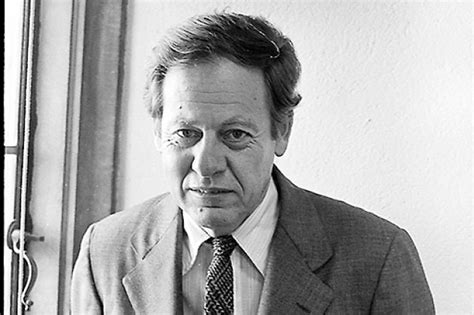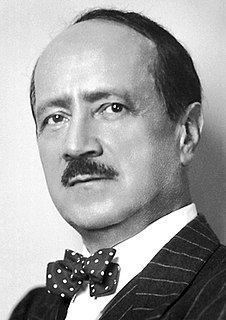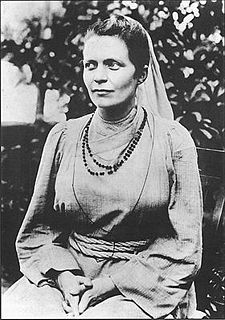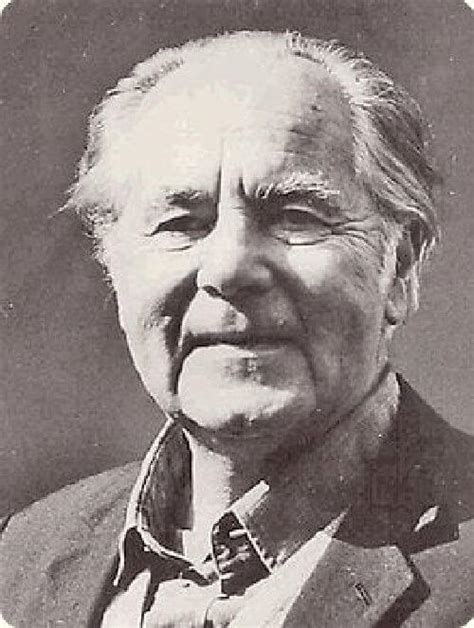A Quote by Paul de Man
Literature exists at the same time in the modes of error and truth; it both betrays and obeys its own mode of being.
Related Quotes
What I believe is that people have many modes in which they can be. When we live in cities, the one we are in most of the time is the alert mode. The 'take control of things' mode, the 'be careful, watch out' mode, the 'speed' mode - the 'Red Bull' mode, actually. There's nothing wrong with it. It's all part of what we are.
Error is a supposition that pleasure and pain, that intelligence, substance, life, are existent in matter. Error is neither Mind nor one of Mind's faculties. Error is the contradiction of Truth. Error is a belief without understanding. Error is unreal because untrue. It is that which stemma to be and is not. If error were true, its truth would be error, and we should have a self-evident absurdity -namely, erroneous truth. Thus we should continue to lose the standard of Truth.
In the application of Satyagraha, I discovered, in the earliest stages, that pursuit of Truth did not admit of violence being inflicted on one's opponent, but that he must be weaned from error by patience and sympathy. For, what appears to be truth to the one may appear to be error to the other. And patience means self-suffering. So the doctrine came to mean vindication of Truth, not by infliction of suffering on the opponent but one's own self.
I'm in two modes when I'm on Lanai: In engineering mode, I'm trying to find the right place for the reservoir and the desalination plant, and looking at designs for new hotel rooms. The rest of the time, I'm in decompression mode. I'm on Hulopoe Beach, going for a swim, or on my paddleboard surrounded by 100 spinner dolphins.
There exists a black kingdom which the eyes of man avoid because its landscape fails signally to flatter them. This darkness, which he imagines he can dispense with in describing the light, is error with its unknown characteristics. Error is certainty's constant companion. Error is the corollary of evidence. And anything said about truth may equally well be said about error: the delusion will be no greater.
That queen, of error, whom we call fancy and opinion, is the more deceitful because she does not always deceive. She would be the infallible rule of truth if she were the infallible rule of falsehood; but being only most frequently in error, she gives no evidence of her real quality, for she marks with the same character both that which is true and that which is false.
Now, I stand alone on this rock, fighting the errors of this world, and establish the science of life by my works. What is my mode of warfare? With the axe of truth I strike at the root of every tree of error and hew it down, so that there shall not be one error in man showing itself in the form of disease.
If the many and the One be indeed the same Reality, then it is not all modes of worship alone, but equally all modes of work, all modes of struggle, all modes of creation, which are paths of realization. No distinction, henceforth, between sacred and secular. To labour is to pray. To conquer is to renounce. Life is itself religion. To have and to hold is as stern a trust as to quit and to avoid.
Just as there exists in writing a literal truth and a poetic truth, there also exists in a human being a literal anatomy and a poetic anatomy. One, you can see; one, you cannot. One is made of bones and teeth and flesh; the other is made of energy and memory and faith. But they are both equally true.
We all operate in two contrasting modes, which might be called open and closed. The open mode is more relaxed, more receptive, more exploratory, more democratic, more playful and more humorous. The closed mode is the tighter, more rigid, more hierarchical, more tunnel-visioned. Most people, unfortunately spend most of their time in the closed mode.
The prevailing attunement is at any given time the condition of our openness for perceiving and dealing with what we encounter; the pitch at which our existence is vibrating. What we call moods, feelings, affects, emotions, and states are the concrete modes in which the possibilities for being open are fulfilled. They are at the same time the modes in which this perceptive openness can be narrowed, distorted, or closed off.




































